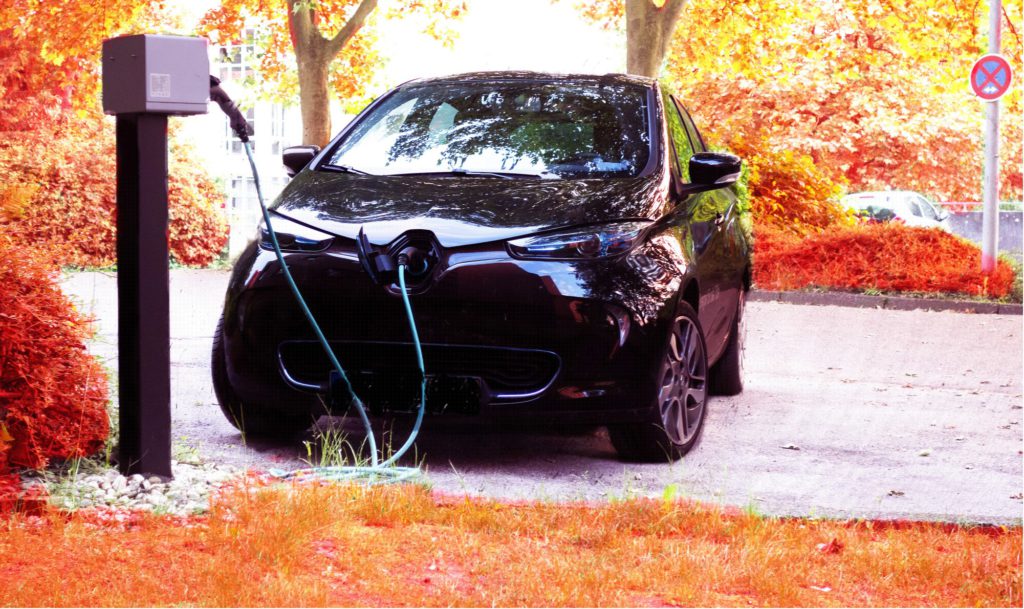Germany extends support for electric company cars and delivery vehicles
01 August 2019

1 August 2019
The German Government approved on Wednesday (31 July) new funding to extend the tax breaks for electric company cars and to subsidise electric delivery vehicles.
Company car tax break for EVs extended
An employee in Germany who uses his company car privately is taxed 1% of the list price but this has been halved to 0.5% for electric vehicles (EVs) purchased or leased from 1 January 2019 through to 31 December 2021.
German Finance Minister Olaf Scholz introduced the new tax package, which is worth billions of euros, to the cabinet on Wednesday. The bill, which was passed and so will be implemented by the end of the year assuming final ratification on 20 September, means the tax incentive for EVs that are registered as company cars will now be extended beyond the end of 2021 to the year 2030.
Scholz told the Funke media group that the promotion of company cars was a ′genuine industrial policy’ in favour of the climate. ′We are also doing this so that more electric vehicles can enter the used car market more quickly,’ the Finance Minister was quoted as saying.
In a video on Twitter, the Finance Minister said that ′we must protect the climate’ and ′that only works if our vehicles emit less CO2.’
The VDA welcomed the extension of the tax incentives for electric cars: ′It is precisely because our companies will be launching many new electric models on the market in the next few years that the extension of the current special regulation will have a positive effect on demand for electric cars. As most company cars are leased, the vehicles will be on the market as used cars in two to three years’ time. Private buyers should also be able to benefit from the subsidised electric cars.’
Additional measures
If employers offer free charging of electric vehicles or free company bicycles, these benefits will now remain tax-free until 2030 too. Furthermore, a new measure that will also apply until 2030 is a one-off subsidy for the purchase of purely electric vehicles that are used commercially to make deliveries. The one-off incentive amounts to 50% of the acquisition costs of the electric delivery vehicle.
The extension of these tax breaks is intended to promote lower-emission mobility among companies by providing planning security.
However, the treatment of plug-in hybrids (PHEVs) is not entirely clear. Media reports suggest that the company car tax break also applies to PHEVs with a minimum range of 80 kilometres under electric power but in a draft of the new bill, a gradual increase in the electric range was proposed. This suggested that PHEVs would only need to have a minimum range of 60 kilometres to be eligible between 2022 and 2024 and that the 80-kilomtere range would only be required from 2025 onwards. The German Government does not comment on this detail in its statement about the new measures.